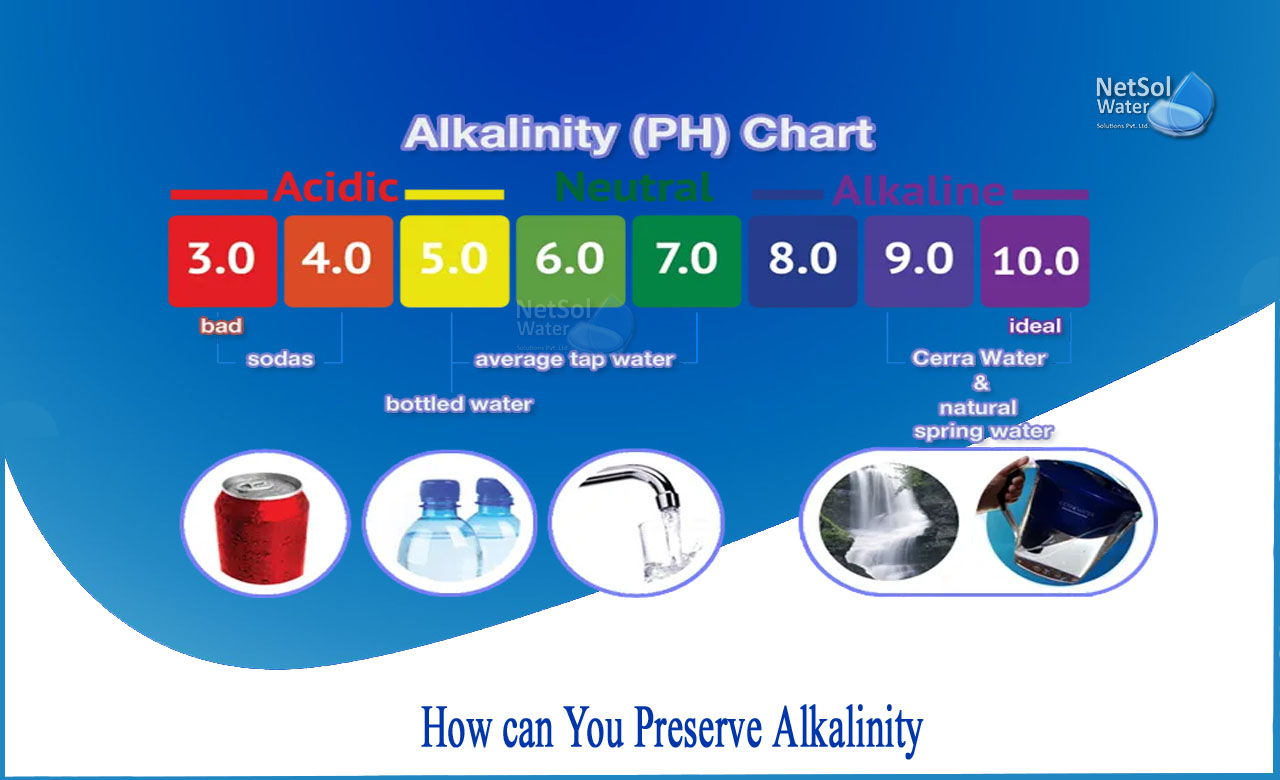An overview
If you need to remove phosphorus from your wastewater, you'll almost certainly need to remove ammonia-nitrogen as well.
Nitrification, or the conversion of ammonia to nitrate and nitrite, works best in the pH range of 7.5 to 8.6. The effectiveness of nitrification is harmed when the pH falls below 7.2. Furthermore, nitrification consumes a significant quantity of alkalinity: 8.64 mg of HCO3– per milligrams of oxidised ammonia-nitrogen. Unless phosphorus is removed, the level of alkalinity in most home wastewaters is sufficient to enable ammonia oxidation.
If you remove phosphorus, the coagulant you use can deplete your alkalinity, lowering your pH below the ideal range and necessitating more alkalinity to keep the pH stable and promote the nitrification activities.
What does alkalinity mean?
Alkalinity is the ability of water to withstand acidic changes in pH; in other words, alkalinity is the ability of water to neutralise acid. Buffering capacity is the term for this skill. A water body with a high amount of alkalinity (as opposed to an alkaline water body) has more calcium carbonate, CaCO3, which can reduce the acidity of the water. As a result, alkalinity determines how much acid may be added to a water body without causing a significant pH shift.
Why is alkalinity important?
Fish and other aquatic life require a pH range of 6.0 to 9.0, and alkalinity protects live species that require a specific pH range by buffering abrupt pH fluctuations. Acid rain and other acid pollutants will be buffered by higher alkalinity levels in surface water, reducing pH shifts that are hazardous to aquatic life. Alkalinity is also crucial in wastewater and drinking water treatment because it affects cleansing processes such as anaerobic digestion. If the alkalinity level in the water is higher than the natural level of alkalinity in the soil, it may be inappropriate for irrigation.
Traditional coagulants are both ineffective and corrosive
Traditional ferric or aluminium-based coagulants can deliver a one-two punch to your nitrification process.
To begin with, these coagulants have a very low pH, frequently less than 2. Second, they only have a modest phosphorus attraction, implying that a substantial number of these coagulants is required to attain a low total phosphorus limit, typically 3 to 7 molecules of coagulant per molecule of P eliminated. As the P limit decreases, this ratio rises. As a result, large amounts of alkalinity are consumed, necessitating the injection of extra caustic. Both operational and safety issues arise as a result of this.
How can you preserve alkalinity?
Some communities utilise sodium hydroxide (NaOH) or a similar chemical (one that create OH- ions) as part of their water treatment, which may result in a higher pH following the reverse osmosis process. The sodium ions will pass through the reverse osmosis membranes but not the hydroxide ions; the hydroxide ions will raise the pH but not the alkalinity.
Again, changing the pH of high pH, low alkaline water is simple. Because calcium carbonate (the principal cause of alkalinity in water) precipitates on the membranes, high alkalinity in the source (feed) water to the reverse osmosis system can induce scaling on the membrane.
There is, however, another option. A tight connection can be formed with phosphorus, allowing it to be removed as a thick precipitate. Because phosphorus has such a high predilection, significantly less chemical is required to remove it, often just one molecule of coagulant per molecule of P. Less alkalinity consumption frees up more alkalinity for your nitrifiers, reducing or even eliminating the need for caustic to maintain alkalinity and pH.
Netsol Water is Greater Noida-based leading water & wastewater treatment plant manufacturer. We are industry's most demanding company based on client review and work quality. We are known as best commercial RO plant manufacturers, industrial RO plant manufacturer, sewage treatment plant manufacturer, Water Softener Plant Manufacturers and effluent treatment plant manufacturers. Apart from this 24x7 customer support is our USP. Call on +91-9650608473, or write us at enquiry@netsolwater.com for any support, inquiry or product-purchase related query.



